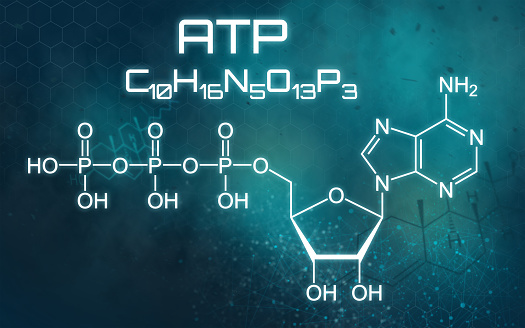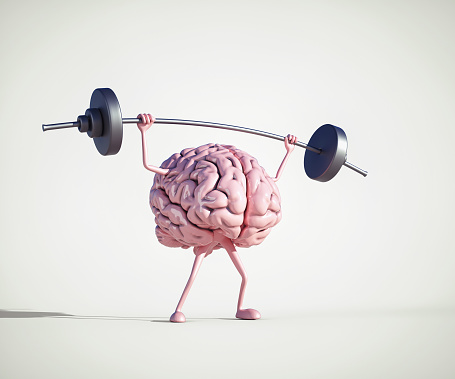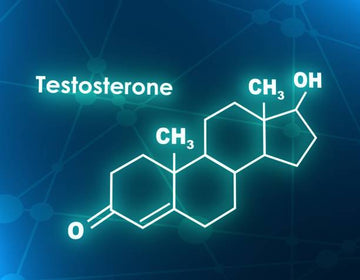Carbohydrates are one of the three macronutrients found in our diets, alongside protein and fat. Carbohydrates are our body's primary source of energy and are an essential part of a balanced diet. However, carbohydrates have received a lot of attention in recent years, with some people believing that they are harmful and should be avoided. In this blog post, we will explore the truth about carbohydrates, including myths and facts.
Myth: All Carbohydrates Are Bad

One of the most common myths about carbohydrates is that they are all bad for you. This is not true.
There are two types of carbohydrates: simple and complex. Simple carbohydrates are found in foods like sugar, white bread, and pasta, and they are broken down quickly in the body, leading to a spike in blood sugar levels.
Complex carbohydrates are found in foods like whole grains, fruits, and vegetables, and they are broken down more slowly in the body, providing a steady source of energy.
Fact: Carbohydrates Provide Energy

Carbohydrates are our body's primary source of energy. When we eat carbohydrates, our body breaks them down into glucose, which is used to fuel our cells.
Glucose is also stored in the liver and muscles as glycogen, which can be used for energy later.
Myth: Carbohydrates Cause Weight Gain

Another common myth about carbohydrates is that they cause weight gain. This is not entirely true. Eating too many calories, regardless of where they come from, can lead to weight gain.
However, carbohydrates are often blamed for weight gain because many high-carbohydrate foods are also high in calories, such as sugary drinks, pastries, and fried foods.
Eating a balanced diet that includes carbohydrates, protein, and healthy fats can help you maintain a healthy weight.
Fact: Carbohydrates Are Important for Exercise Performance
Carbohydrates are essential for exercise performance, especially for high-intensity exercise. When we exercise, our body uses glycogen stores for energy.
If we don't have enough glycogen, we may feel fatigued and unable to perform at our best.
Eating carbohydrates before and after exercise can help replenish glycogen stores and improve performance.
Myth: Low-Carb Diets Are the Best for Weight Loss
Low-carb diets have become increasingly popular in recent years, with many people believing that they are the best way to lose weight. While low-carb diets can be effective for weight loss in the short term, they are not necessarily the best long-term solution. Many low-carb diets are also high in fat, which can lead to other health problems like heart disease. Additionally, cutting out entire food groups like carbohydrates can be difficult to maintain over the long term.
Fact: Carbohydrates Are Important for Brain Function

Carbohydrates are essential for brain function. Glucose is the primary fuel source for the brain, and when we don't get enough glucose, we may feel tired, irritable, and unable to concentrate. Eating a balanced diet that includes carbohydrates can help ensure that our brain has the energy it needs to function at its best.
Fact: Not All Carbohydrates Are Created Equal

Not all carbohydrates are created equal. As mentioned earlier, there are two types of carbohydrates: simple and complex. Simple carbohydrates are often found in processed and refined foods and can lead to a quick spike in blood sugar levels. Complex carbohydrates, on the other hand, are found in whole grains, fruits, and vegetables, and provide a
Myth: Carbohydrates Cause Inflammation
Another myth about carbohydrates is that they cause inflammation in the body, leading to chronic diseases like arthritis, heart disease, and diabetes. While some high-carbohydrate foods may contribute to inflammation, such as processed and refined carbohydrates, whole foods like fruits, vegetables, and whole grains actually have anti-inflammatory properties.
Fact: Carbohydrates Are Important for Gut Health
Carbohydrates are important for gut health, as they feed the beneficial bacteria in our gut. When we eat fiber-rich carbohydrates like fruits, vegetables, and whole grains, they pass through our digestive system mostly intact and reach the colon, where they are fermented by our gut bacteria. This fermentation process produces short-chain fatty acids, which have numerous health benefits, including improved gut health.
Myth: Carbohydrates Are the Enemy of a Low-Carb Diet
Many people who follow a low-carb diet see carbohydrates as the enemy, but this doesn't have to be the case. There are many low-carb options that can still be included in a healthy diet, such as leafy greens, berries, nuts, and seeds. It's all about finding the right balance and choosing the right types of carbohydrates for your individual needs and goals.
Conclusion
Carbohydrates are an essential part of a balanced diet and provide numerous health benefits. While there are some myths and misconceptions about carbohydrates, the truth is that they are an important source of energy, essential for exercise performance, brain function, and gut health. Choosing the right types of carbohydrates and balancing them with protein and healthy fats can help you maintain a healthy weight and improve your overall health and well-being.













































Ron kosloff was totally different about carbohydrates